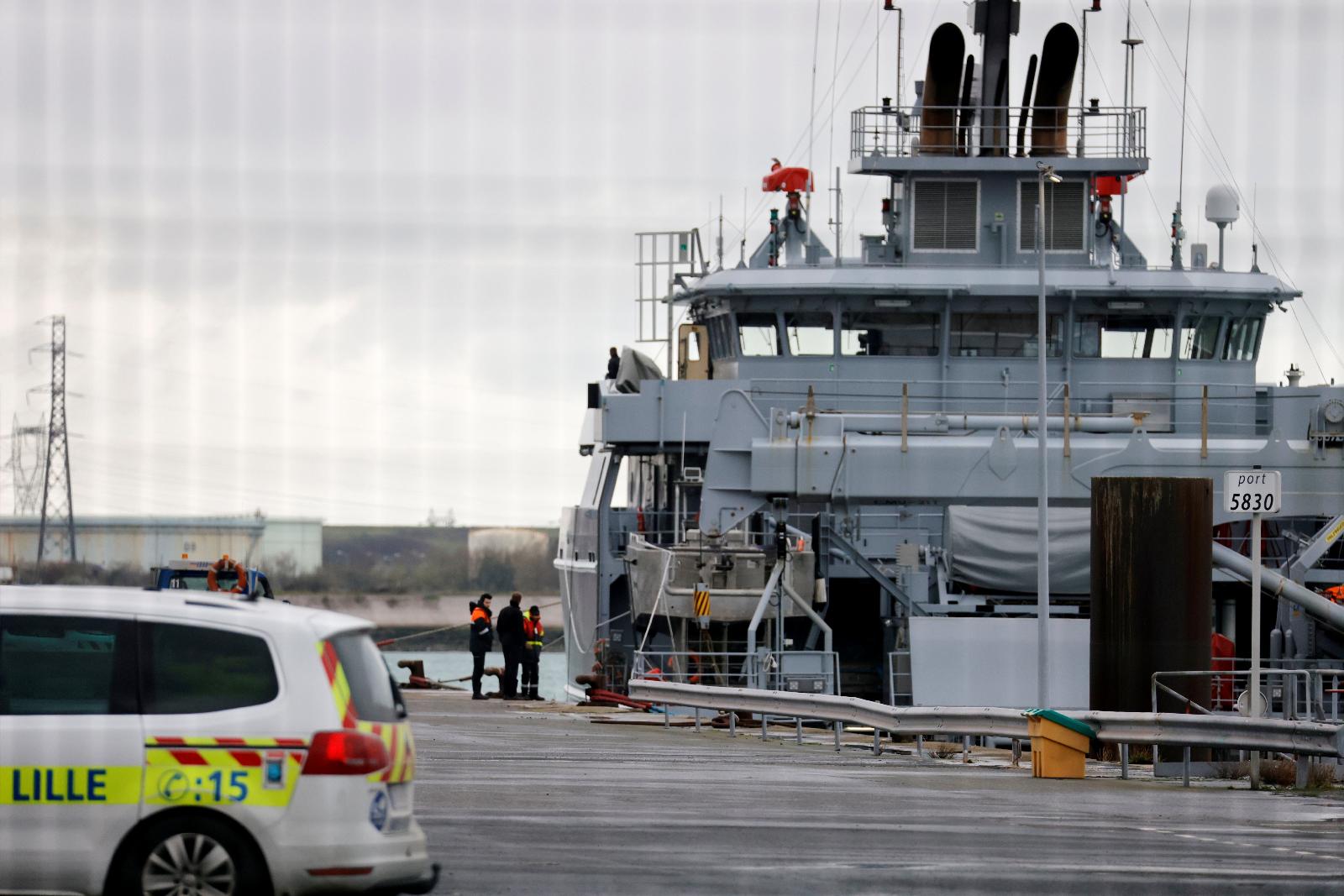As the Church around the world gathers to pray for those who have died, we must bring before God, and ourselves, Rasoul Iran-nejad, Shiva Mohammed-panahi, and their three children, Anita, Armin, and Artin; and two more people as yet unnamed at the time of writing. These are people who drowned last Tuesday trying to cross the English Channel in search of a place to rebuild their lives. Some of them had barely had a chance to live. Like Abdulfatah Hamdallah, the Sudanese boy who lost his life in the same way just over two months ago, they died because they needed to move, and there was no safe way to do so; because we live in a world where a few of us are allowed to move freely and others, deemed outsiders, cannot; where people seeking sanctuary find walls everywhere, and when this proves lethal, the solution offered by governments is too often more walls. This is a human catastrophe and gross injustice.
And yet the response to these deaths seems muted. There is little grief or anger as yet one more incident is reported. I am disconcertingly reminded of a question Pope Francis asked standing on the shores of Lampedusa after over 300 people died when a boat sank off the coast there in 2013: “Has any one of us wept because of this situation and others like it? Has any one of us grieved for the death of these brothers and sisters?” Have we as a society done that here and now, as human beings have, once again, loss their lives? We should ask ourselves this question now.
Those trying to cross the Channel are too often depicted not as brothers and sisters, but as outsiders, and where policy is decidedly to keep them as such – outside our borders. The death of Abdulfatah ought to have been an opportunity and an imperative to change, albeit not the first of either. Instead, in a recent speech, the Home Secretary announced plans to ensure that they would not receive sanctuary here. Sanctuary seekers with no choice but to arrive spontaneously are depicted as a threat against whom we must defend ourselves. If we see them like this, instead of us fellow human beings, it becomes troublingly easier to shrug off their deaths. It becomes harder to mourn them.
Reflections from Pope Francis’s recent encyclical Fratelli Tutti are pertinent here. Because of our “common humanity...[w]e cannot be indifferent to suffering; we cannot allow anyone to go through life as an outcast. Instead, we should feel indignant, challenged to emerge from our comfortable isolation and to be changed by our contact with human suffering. That is the meaning of dignity” [paragraph 68]. We are in danger of losing our sense of kinship with those from whom borders divide us, and therefore of remaining indifferent to their suffering.
Perhaps it becomes harder to mourn those we deem outsiders not only because we don’t see the need, but also because mourning confronts us afresh with their humanity. Mourning can enact kinship as well as signal it. It brings us face to face with the suffering of others, and therefore with that suffering’s relevance to us: it is the suffering of sisters and brothers, of those to whom we have a duty. The failure to mourn can act a defensive and isolating barrier against suffering, but also against those who suffer, and what we owe to them. Our failure to mourn both demonstrates and perpetuates disconnection from others, from the realities in which they and we are both situated, and so also from ourselves.
This All Souls Day, we must heed the Pope’s words and grieve over the deaths our fellow human beings. We must be indignant at this tragedy, and at the laws and policies that allowed it to happen. We must be challenged and made deeply uncomfortable. We must cry out for change. And in this mourning and indignation, we may be brought back to ourselves by recalling our connection with others.
Sarah Teather is Director of the Jesuit Refugee Service UK (JRS UK). Join JRS UK for an online prayer vigil on All Souls Day on Monday 2nd November at 5pm remembering those who have lost their lives seeking sanctuary. Register online. You can help provide support to destitute refugees and asylum seekers by making a financial donation to JRS UK. To find out more phone 020 7488 7310 or email us.



 Loading ...
Loading ...
What do you think?
You can post as a subscriber user ...
User comments (0)